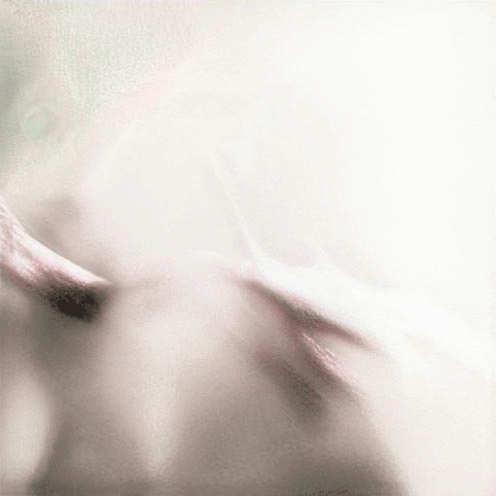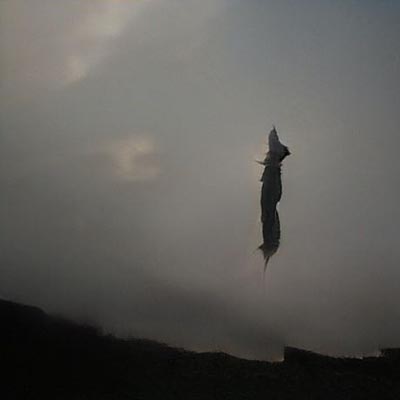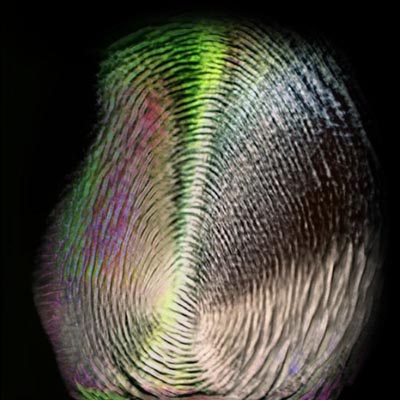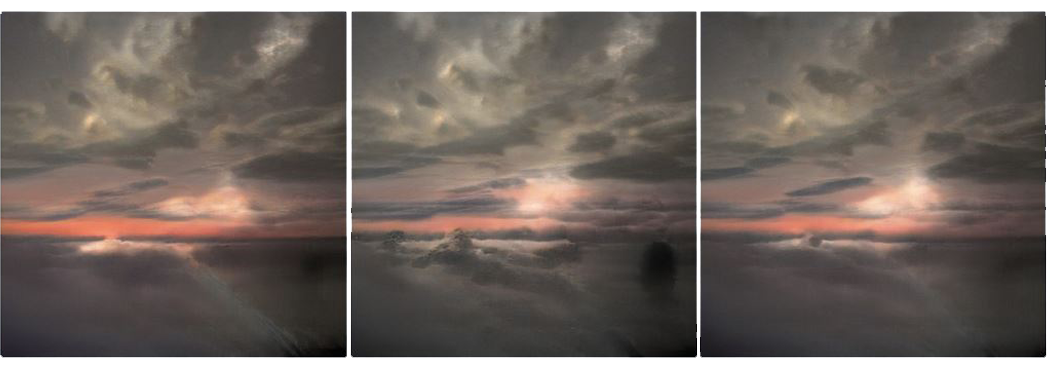The power of powerlessness
It is the individualisation of all conditions - of life, of work, of unhappiness, that alienates and disempowers us.
"Diffuse
schizophrenia. Creeping depression.
Atomisation into fine paranoid
particles. Hysterisation of contact. The
more I want to be me, the more I have a
feeling of emptiness. The more I express
myself, the more I dry up. The more I
run after myself, the more exhausted I
am. I run, you run, we run our "I" like
a busy switch. We have become the agents
of ourselves - this strange trade, the
guarantors of a personalisation that
ultimately resembles an amputation. In
more or less hidden clumsiness, we make
it to bankruptcy.
Until that happens,
I manage, I get it done."
The
invisible committee, The Coming
Insurrection
"We call on you to refrain from doing anything in your power!"
Bazon Brock, fluxus artist, Germany
(Quote from Action: Civilising Cultures, 2006-2009)
This is the crisis of Western paradigms
Our lives cannot
go on as they are, but we do not know
what is in store for us. The convergence
of an ecological, geopolitical and
democratic crisis worries and frightens.
The confluence of this ecological,
geopolitical and democratic crisis is
disturbing and frightening. Because we
see it as a big Gordian knot - we see
the crisis as a whole.
It would
be more advisable to tackle the things
that have to do with one directly. Make
the small, individual decisions.
The idea of linearity and progress is an important matrix of Western thought. Particularly crucial to the foundation of capitalism was the idea of linear time and the accompanying notion of continuous progress.
 What if our
thinking were receptive to complex
temporal entanglements and
interdependencies? In this temporality,
imagination and change would each be
essential components of a present that
would no longer be hindered by the inert
debris of the past, but where the
knowledge of the past could instead live
on in the now through adaptations and
incorporations.
What if our
thinking were receptive to complex
temporal entanglements and
interdependencies? In this temporality,
imagination and change would each be
essential components of a present that
would no longer be hindered by the inert
debris of the past, but where the
knowledge of the past could instead live
on in the now through adaptations and
incorporations.
There are more pages:
- The Community
- I have to change my life
- The Storm (introduction 1)
- The World (introduction 2)
- The Comfort Zone (intrduction 3)
-
The
fetish (like a dog without a bone)
- The Information pathology - term and application
- The Connection of image and truth



